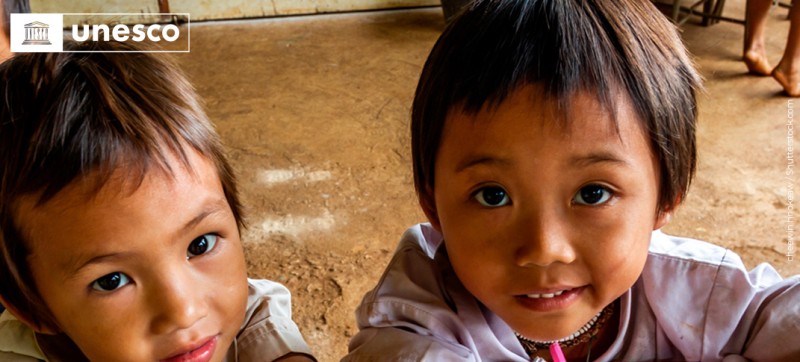The theme for UNESCO’s 2023 International Day of Education is ‘to invest in people, prioritize education’. I know what UNESCO Is getting at, but I would argue that their statement could easily be turned around: ‘in order to prioritize education we need to invest in people.’
It is not surprising that the best performing education systems in the world feature highly trained, valued teachers working with well-researched educational resources available in digital and physical formats. Great teachers and the authors, editors and designers who together produce high-quality educational resources, necessarily have a price.
Speaking at the Estoril conference last year, IPA’s immediate Past President, Bodour Al Qasimi, said: ‘For millions and millions of children and people in different parts of the world, publishers’ work may be the only chance they have between a life of dignity and possibilities, and a life of poverty and marginalization.’
Education means starting with literacy. Every child not only deserves to develop the basic ability to read but also must be given the opportunity to grow a love of reading. We need to seize the opportunities of digital publishing, distributed printing, and other progressive technologies to reach children everywhere.
Educational publishers are constantly working hard to develop, create and improve educational resources and part of that ‘virtuous circle of improvement’ includes focusing on the way teachers and pupils access their resources and constantly making it easier, clearer and more meaningful.
At the IPA’s Educational Publishers Forum, chaired by Stephan de Valk, we believe that there are three key elements to securing the best learning outcomes:
Collaboration: It is vital that governments, teachers and publishers work together to make sure that curriculum is successfully delivered.
Local solutions: Children respond best to resources and content that relate to the world around them. Resources from other markets or regions, or generic open resources won’t deliver the best results. Governments need to encourage local publishing sectors and create the right legal frameworks, so that publishers can invest in local markets with confidence.
Choice: Every classroom is different and learning resources need to be adaptable to pupils’ needs. A variety of learning resources from competing producers helps teachers bring the right materials for their particular pupils.
The pandemic has prevented millions of children from learning. They are still catching up. The broader challenges facing our societies, and our ability to achieve the United Nations Sustainable Development Goals depend on us prioritizing and investing in education around the world.
Publishers will strive to play their part.

